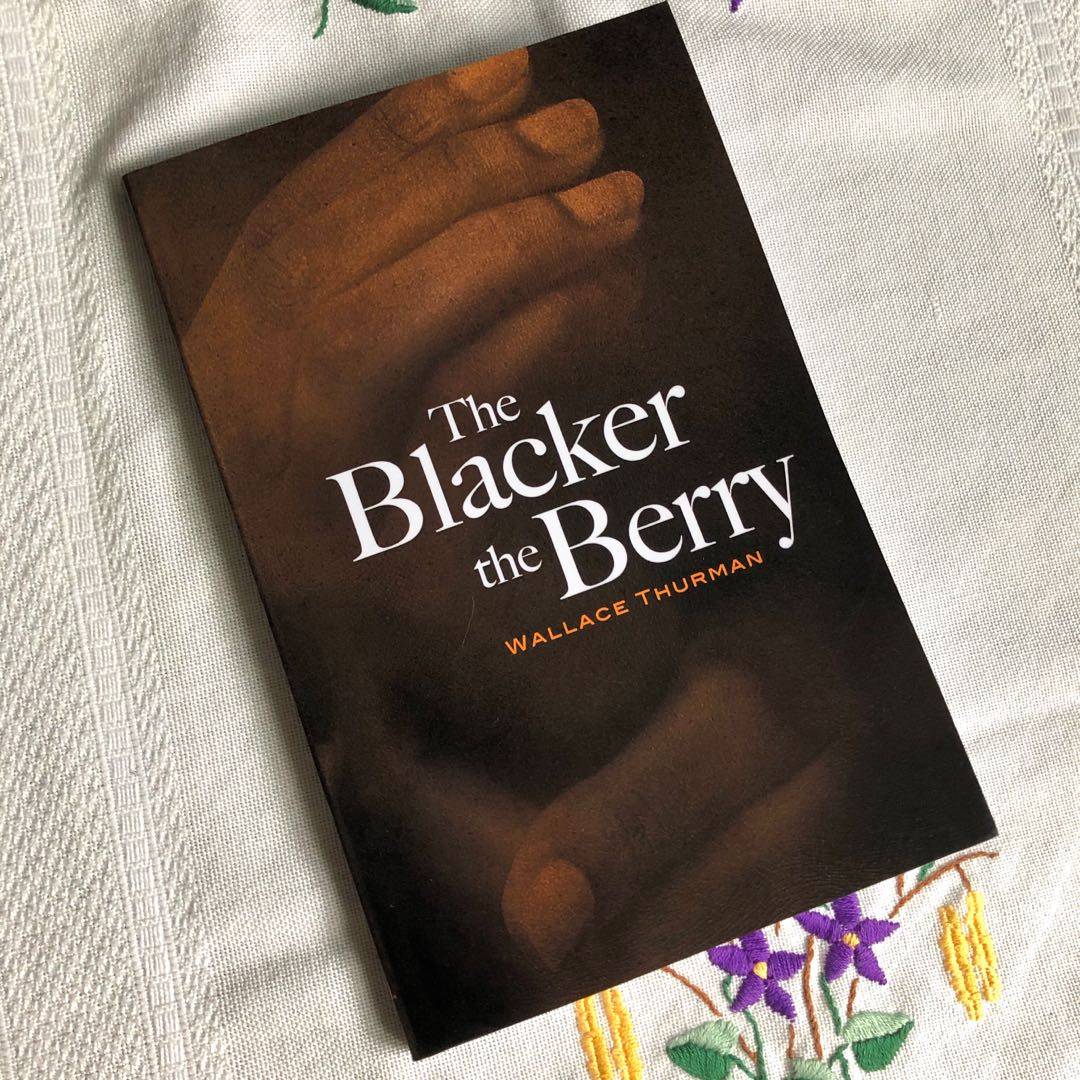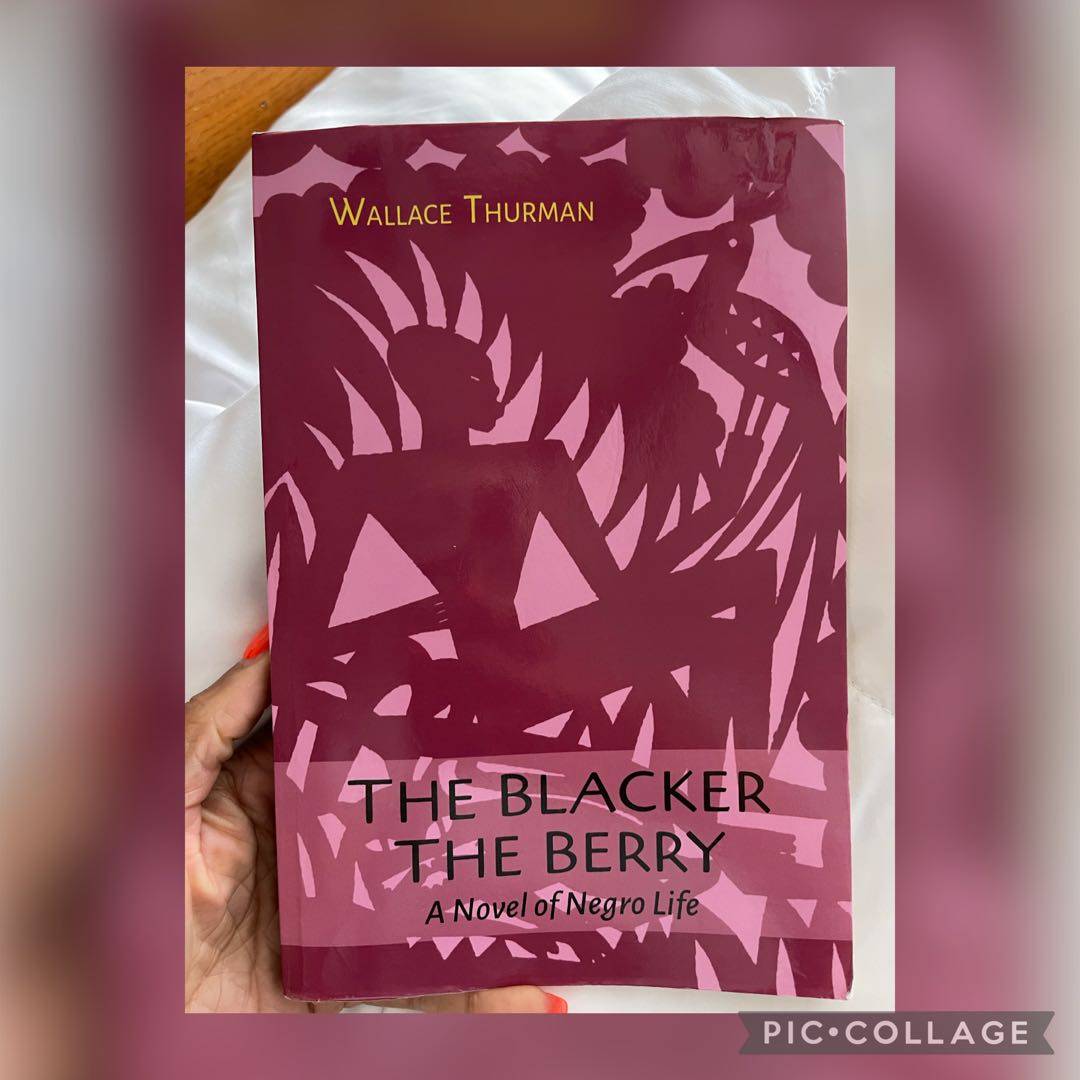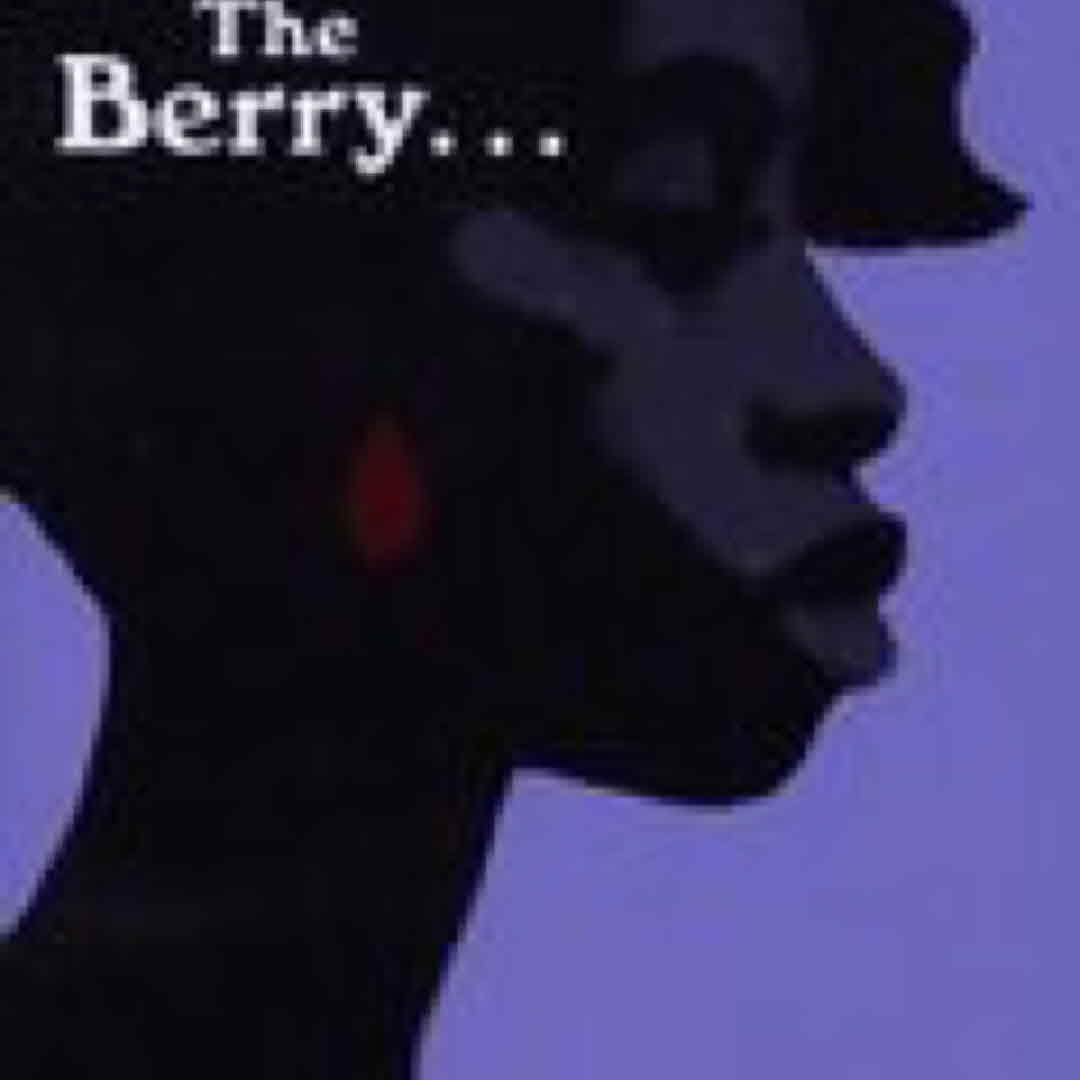
First published in 1929 during the Harlem Renaissance, this was the first book to take on the issue of colorism within the Black community and show the toll that internalized anti-Blackness can take. It‘s heartbreaking, but a well-written story.

First published in 1929 during the Harlem Renaissance, this was the first book to take on the issue of colorism within the Black community and show the toll that internalized anti-Blackness can take. It‘s heartbreaking, but a well-written story.

I can‘t imagine how Emma Lou felt, but through this book I have an idea. She was a dark skinned child to a light skinned mother who hated her own child‘s skin tone. This caused insecurity in Emma Lou and the story of her journey focused on colorism was an interesting read.
A collection of poems that will teach kids about history and empathy of others. If I'm being honest, I dont love the pictures in this book. They just seem overly detailed and complex and they dont serve much purpose with the poems. Poems are nice, pictures need to calm down on the page.
I read this years ago in one of my African American lit courses and remember struggling with the subject matter. Colorism is alive and well and, as a brown-skinned, African American girl who used to struggle a bit with her skin tone, it was just too close for comfort. I‘m an adult now and am loving the skin I‘m in, but revisiting this book is uncomfortable. I may have to bail...

#Riotgrams #BlackWriters
Of these three, I've only read The Blacker the Berry, which was a book more interesting than involving. It addresses a reality l didn't even know exist ed before l read this novel: discrimination on the base of the darkness of skin inside the African American community.
Could have been a heartbreaking story, but l found the narration always that little bit too much detatched.
I'm still very happy l read it.

"Emma Lou's maternal grandparents, Samuel and Maria Lightfoot, were both mulatto products of slave-day promiscuity between male masters and female chattel. Neither had been slaves, their own parents having been granted their freedom because of their close connections with the white branch of the family tree.